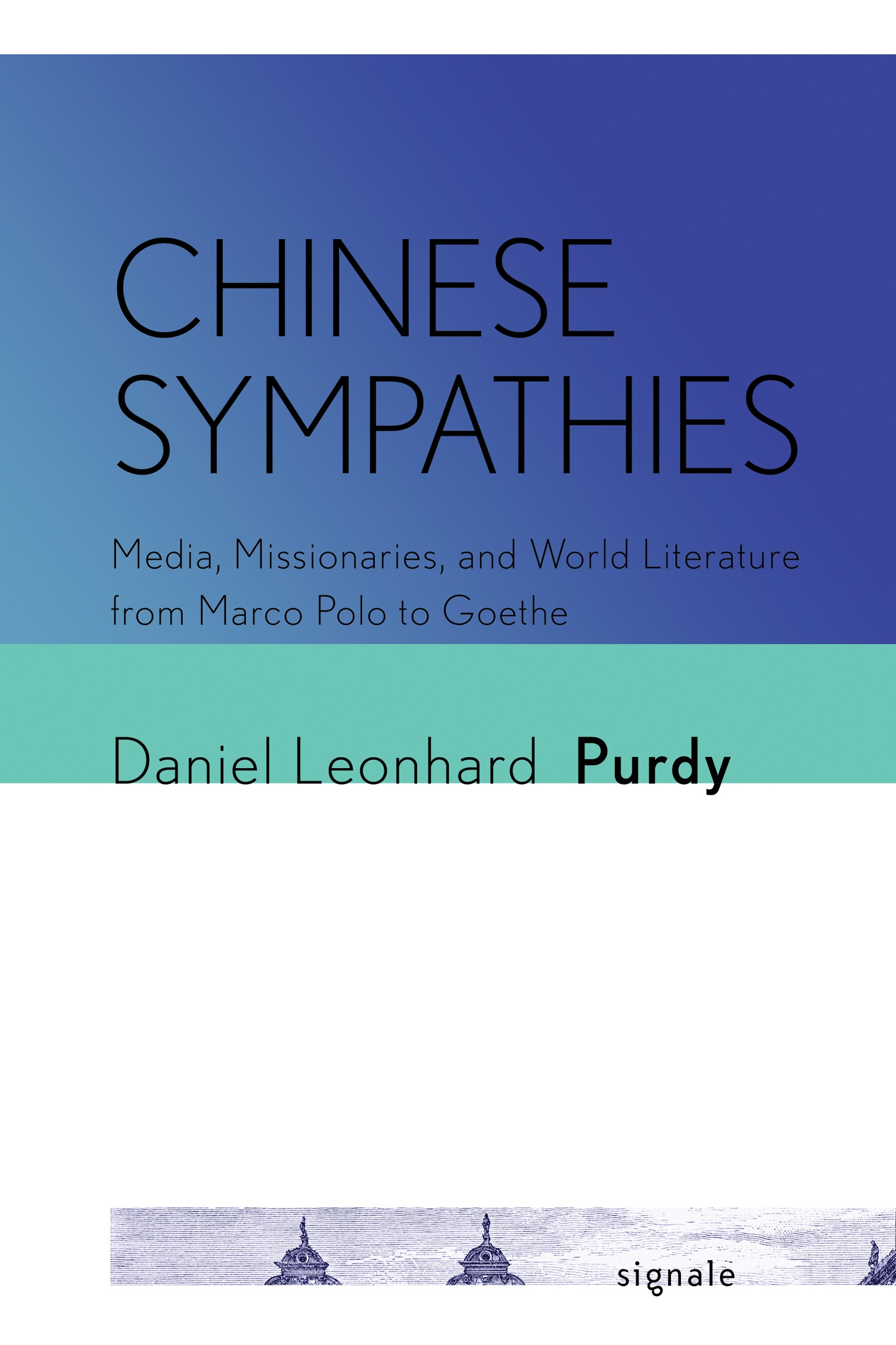Book Detail

Chinese Sympathies: Media, Missionaries, World Literature from Marco Polo to Goethe
Oct 2021 | 420 pages | 6x9
ISBN: 9781501759734
ISBN: 9781501759741
Description
Chinese Sympathies examines how Europeans—German-speaking writers and thinkers in particular—identified with Chinese intellectual and literary traditions following the circulation of Marco Polo’s Travels. This sense of affinity expanded and deepened, Daniel Leonhard Purdy shows, as generations of Jesuit missionaries, baroque encyclopedists, Enlightenment moralists, and translators established intellectual regimes that framed China as being fundamentally similar to Europe.
Analyzing key German literary texts—theological treatises, imperial histories, tragic dramas, moral philosophies, literary translations, and poetic cycles—Chinese Sympathies traces the paths from baroque-era missionary reports that accommodated Christianity with Confucianism to Goethe’s concept of world literature, bridged by Enlightenment debates over cosmopolitanism and sympathy, culminating in a secular principle that allowed readers to identify meaningful similarities across culturally diverse literatures based on shared human experiences.
Thanks to generous funding from Penn State University, the ebook editions of this book are available as Open Access volumes from Cornell Open (cornellopen.org) and other repositories.